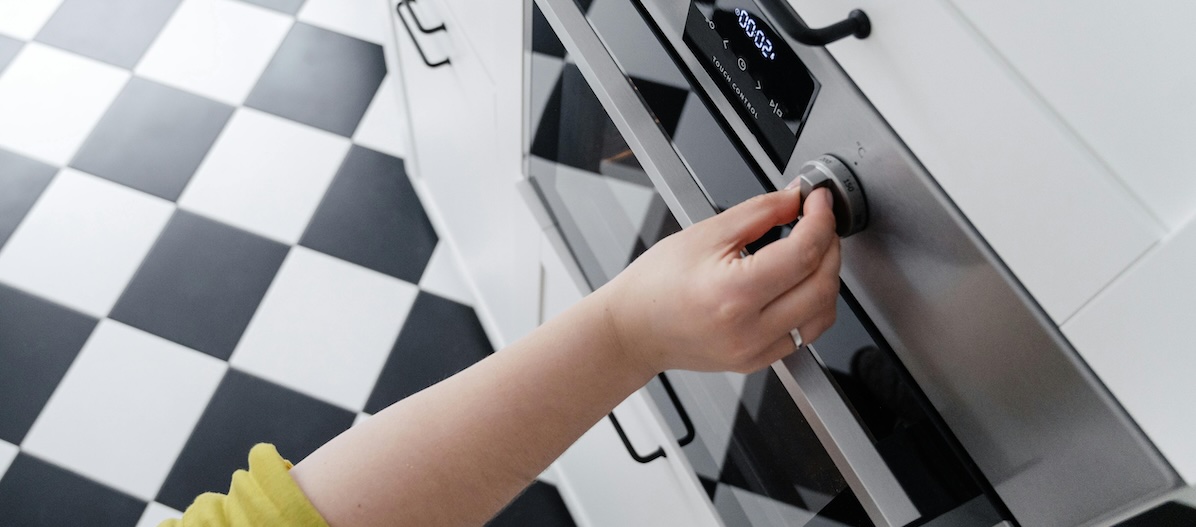Maintenance
Property Management
Do Home Warranties Really Save You Time And Money?
Last Updated Mar 19, 2024


Home warranties promise peace of mind and potential cost savings for homeowners — but are they really worth it? With strict limitations, claim caps and snail-pace response times, the usefulness of home warranties for rental homes is debatable.
Before purchasing a home warranty for your rental home, we take a look at some of the pitfalls and alternative ways to protect your investment.
5 reasons why a home warranty might cost more than it's worth
1. The coverage of home warranties is limited
Home warranties should not be confused with home insurance. Warranties have very specific coverage and claim limitations, with caps as low as $2,000. It’s important to read the fine print and find out what you’re actually paying for. If you have new systems installed, you’re likely covered by the product's own warranty. If the system is old, you may have a claim denied based on wear-and-tear or lack of maintenance.
In the instance of major damage, such as from a storm or accident, you would need to claim this on insurance anyway. Most homeowners would be better off investing in a good rental home insurance policy to get comprehensive coverage.
Read More: What Type of Insurance Should I Get For My Rental Property?
2. A home warranty might not save you any money
If you have appliances in your rental home, it’s worth considering the actual cost of repairing or replacing these items. It may be more cost-effective to replace the item than to have to pay to extend the warranty every year. You should also check the fine print for deductibles and fees that can add to the cost of using your warranty.
As the District of Columbia points out in their consumer alert on home warranties, there are also caps on warranty claims. They give an example of a boiler costing $12,000 to replace, only for the home warranty coverage to be capped at $1,600.
3. A home warranty may not save you time
If something breaks, you (or your property manager) are still the first contact, not the warranty company. You will need to manage the issue and dealing with a warranty claim could add months to this time.
Let’s face it, warranty companies aren’t exactly renowned for their speed, which could impact your ability to keep the home in a livable condition. For critical issues such as a broken furnace in winter — you need to act fast. If residents are waiting on a warranty claim, you could find yourself in breach of your own lease obligations. This could give them the right to withhold rent while waiting for repairs or to claim damages and relocation costs, depending on your local ordinances.
Read More: Why Ignoring Rental Home Maintenance Could Cost You More Than Repairs
4. You still need to pay for maintenance
One of the conditions of a home warranty is that your appliances and home systems need to be properly maintained. That means if you don’t pay for regular maintenance and it breaks down, they could deny your claim.
5. Bad experiences are common
Not all home warranty companies are reputable. The Federal Trade Commission (FTC) has asked homeowners to report instances of fraud after numerous complaints about the coverage and quality of home warranty products.
The FTC has also noted that some products called home warranties are actually service contracts. They warn that these service contracts often give the same coverage that the product already has included in the purchase price and that they can make the repair process more difficult than using your own contractor.

3 ways to manage repair costs for a rental home
If a home warranty isn’t the answer for you, how do you protect your rental home from the unexpected? Here are three handy tips.
1. Get the right insurance policy
The only way to protect your home against accidental damage and unforeseen events is to get the right insurance. Consider what you need to have protected and find a rental home policy to suit (homeowners insurance is only for owner-occupied homes).
A burst pipe or a tree falling through the roof won’t be covered by a home warranty, but the right insurance policy could save you thousands.
Read More: Homeowners Insurance vs. Landlord Insurance: What Policy Do You Need?
2. Find reliable, long-term residents for your rental home
A high turnover of tenants can also increase the wear and tear on your home.
Belong finds long-term residents that will love your home like their own. Not only does this provide a better sense of belonging and community, it also makes good financial sense. Residents who feel at home will take better care and are more likely to let you know when something is amiss. This will help you take care of small issues, before they turn into big, costly ones.
Read More: Why Belong Focuses on Long-Term Rentals
3. Budget for home maintenance and repairs
Instead of forking out cash for a warranty you may never use, look at setting up a fund for regular maintenance and repairs. Consider the age and condition of your rental home and set aside funds for upkeep and replacement of any aging items.
If you don’t have access to funds or need help budgeting, Belong’s flexible payment options will let you spread costs over the term of your lease. This gives you your monthly guaranteed rental income, less an installment for the cost of approved repairs.
Don’t forget, essential repairs are tax deductible for rental homes, so be sure to document how much you spend.
Read More: 7 Common Rental Property Repairs and How Much They'll Cost You
Belong keeps your rental home worry-free
Belong makes worrying about maintenance and upkeep a thing of the past. Belong's 24/7 customer support puts over 10,000 professional contractors at your fingertips, ready to help whenever you need them. And if you need regular services like snow removal, gutter cleaning or lawn maintenance, we can set up a subscription for these recurring services. You can even spread the payments over your lease, keeping you cashflow-positive.
Learn more about Belong for rental homeowners here.
Disclaimer: Belong thinks the word landlord is outdated and prefers ‘homeowners’. But sometimes we need to make a distinction between owner-occupied homes and rented homes, so we have used the words landlord and tenant a little more than we’d like. This article provides a guide on home warranties and maintenance but should not be considered financial advice.
About The Author
Melanie Kershaw
Mel Kershaw is a Content Lead at Belong. With an extensive background working with technology companies including Eventbrite and Yelp, she’s always looking for ways to create educational and informative articles that simplifies tech and solves problems for her audience.




